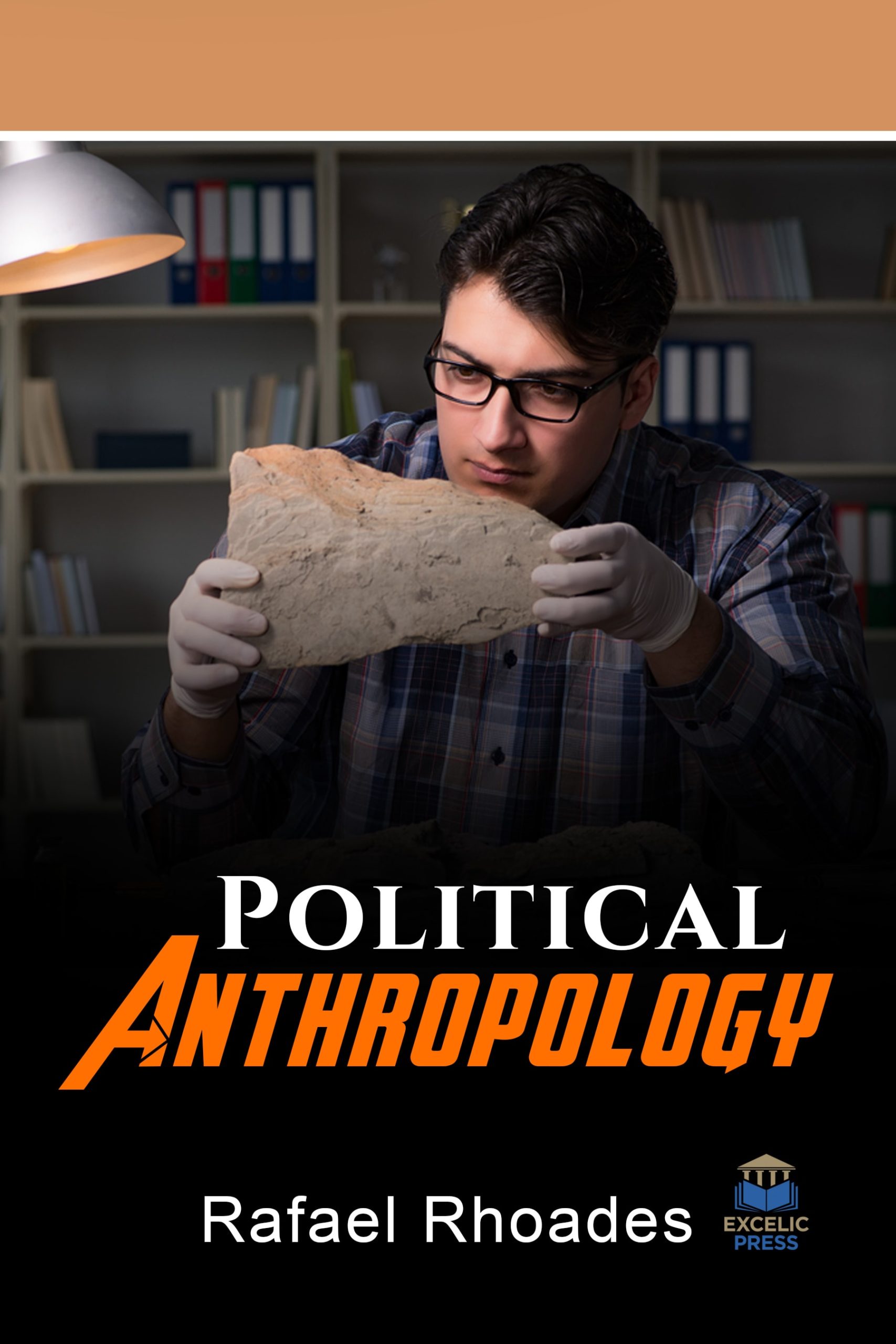Political systems are the formal and informal political processes by which decisions are made concerning the use, production and distribution of resources in any given society. Formal political institutions can determine the process for electing leaders; the roles and responsibilities of the executive and legislature; the organisation of political representation (through political parties); and the accountability and oversight of the state. From its beginnings as a scientific discipline in the latter half of the nineteenth century to the middle of the twentieth century, anthropology was relatively unified. The early evolutionists admitted no boundaries to their comparative method and blithely roamed through the world and through the farther reaches of history examining any subject that met their eye. In the comparative politics literature different concepts of performance and quality of a political system are employed; for example it is written about democratic performance, government performance, political performance, quality of democracy and quality of government. However there is no common standard as to what the different concepts mean and what they stand for since the concepts have been understood and treated in different ways. This book makes an effort to clarify how concepts like performance and quality of a political system are related to each other and suggests that they may be subsumed under the common heading of evaluating political systems.
This book contains political studies and real-world cases in the pioneering new multidisciplinary field of political anthropology. Focusing on the influence of anthropology on political science, Political Anthropology examines the basic assumptions the world-wide eminent researchers and specialist of each discipline make about the nature of social and political reality. It offers much to understand and explain the recent trends and current turmoil of the political transition.
This book will serve as a valuable guide for students and practitioners dealing with politics and anthropology.

